Democratic Republic Of Congo
The United Nations denounced on Thursday the renewed violence in the Democratic Republic of Congo’s Ituri Province, where armed groups have carried out deadly attacks against civilians.
Farhan Haq, Deputy Spokesperson for the UN Secretary-General, expressed grave concern over the situation, particularly the actions of the Allied Democratic Forces (ADF), which he said had killed at least 82 civilians in Ituri and neighboring North Kivu.
Haq stated that the UN mission (MONUSCO) was working closely with Congolese authorities and local communities to "de-escalate tensions, protect civilians, and support stabilization efforts."
He condemned the violence in Djugu Territory and called for enhanced dialogue to prevent further bloodshed.
However, the UN’s ability to effectively respond to the crisis has been hampered by funding shortages, exacerbated by the Trump administration’s withdrawal of financial support for peacekeeping operations.
The U.S., previously the largest contributor to UN missions, significantly reduced its funding in recent times, leaving MONUSCO and other missions struggling with limited resources.
Humanitarian efforts in the region have also been strained, with aid groups facing difficulties in delivering essential services due to insecurity and insufficient funding.
Analysts warn that without renewed international support, the cycle of violence in eastern DRC could worsen, putting more civilians at risk.
The UN continues to call for increased global solidarity to address the crisis, but the lack of adequate financing remains a major obstacle to lasting peace in the region.




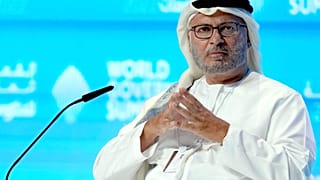
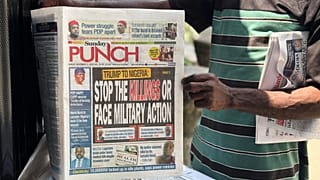
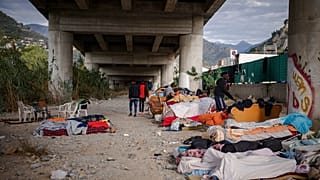
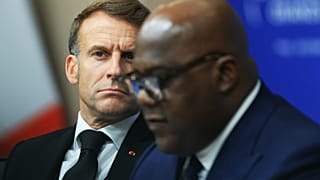
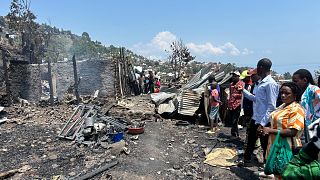

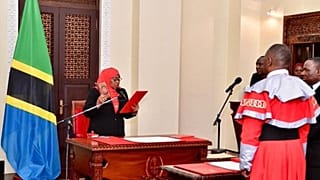
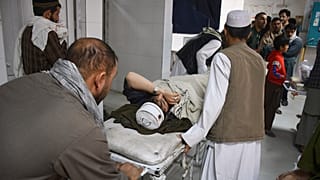
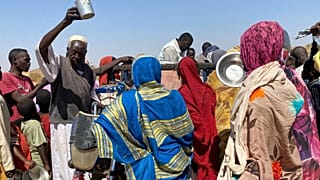
01:41
El-Fasher's displaced residents recount the horrors they witnessed in the city
01:25
Sudan’s army vacates el-Fasher base as Burhan vows retaliation for civilian killings
01:31
UN urges safe passage for civilians in war-torn Sudan city of El- Fasher
00:50
Sudan civil war: RSF claims capture of army headquarters in El Fasher
Go to video
Fighting in North Darfur triples displacement amid Sudan crisis
01:00
DRC and M23 agree to create an international body to oversee ceasefire